Why won’t the government help the Swiss Abroad get vaccinated?
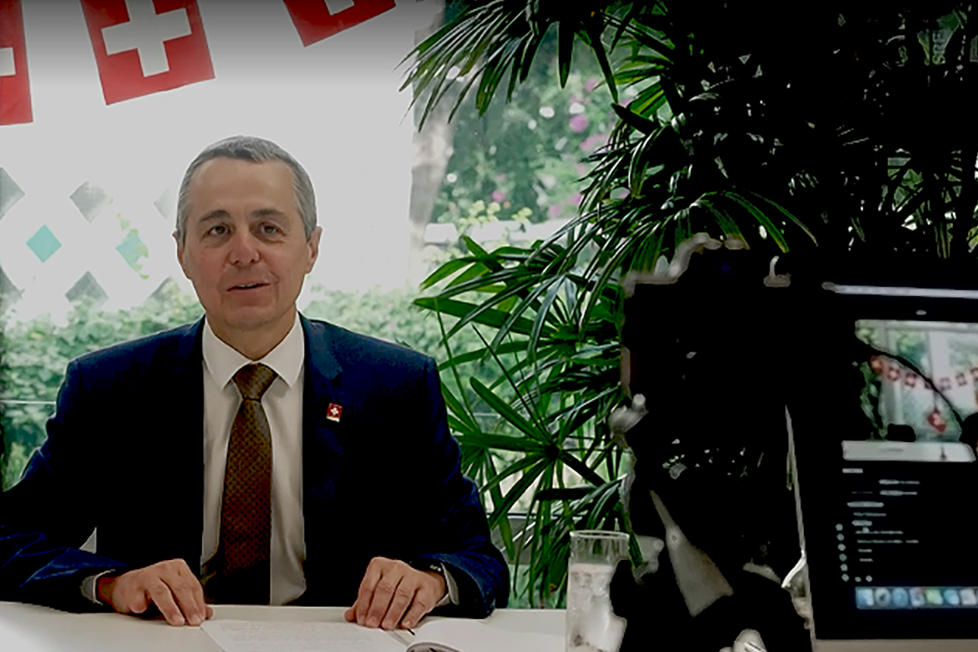
The Swiss government seems to be doing everything it can to prevent surplus Covid-19 vaccine being sent to desperate Swiss citizens who live abroad. SWI swissinfo.ch looks at the official reasons and excuses.
It sounds like an easy and politically savvy decision for a rich country. Switzerland has bought millions of Covid-19 vaccine doses, but domestic demand is faltering. The vials are sitting in storage, and for many of them, the expiry date is approaching. With many Swiss Abroad still waiting to be vaccinated, you’d think it would be simple for them to get jabbed with this excess vaccine at a nearby Swiss representation. You’d be wrong.
One in ten Swiss citizens lives abroad, and some have been angry for months because they haven’t been able to get vaccinated where they live.
At the beginning of the Swiss vaccination campaign hundreds of Swiss Abroad – mostly from France, Germany or other European countries – asked their cantons and the Federal Office of Public Health (FOPH) about getting a jab. And right from the start the answer was always no. Switzerland follows the principle that every country is responsible for vaccinating its own resident population.
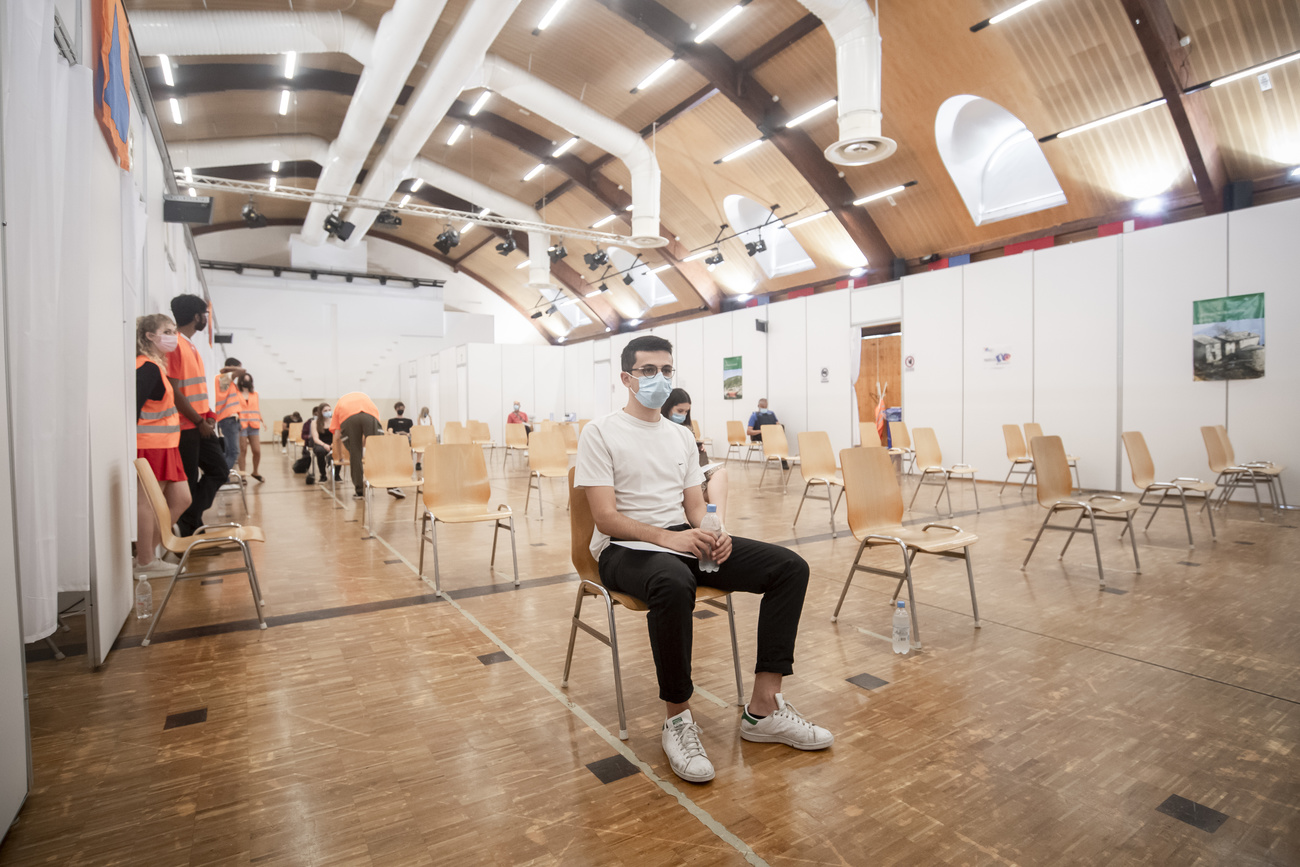
More
Coronavirus: Wealthy Switzerland is suffering from vaccine fatigue
Those who enquired in spring also got an impression of the chaos that has reigned between federal and cantonal authorities. “No, the cantons are responsible for that,” said the FOPH. “No, according to the FOPH we’re not allowed to give vaccinations to Swiss Abroad,” said the cantons. “No, vaccinations are only available for people who are insured with a Swiss health insurance company.” “No, you can’t pay for vaccinations out of your own pocket.”
It seemed they were doing everything possible to nip burgeoning vaccination tourism in the bud. In fact, at the beginning of the year the priority was to promote the vaccination campaign among Swiss residents.
In the meantime the situation has changed. For weeks, Switzerland has been struggling to motivate people to get the jab. Thousands of vaccination slots are going unused. Vaccination centres are closing.
‘Not yet’
Logic seems to suggest that the excess vaccine should be passed on for use elsewhere. Switzerland originally bought surplus doses to ensure that it would have enough vaccines. Now there’s more than enough – and also more than enough for all those Swiss citizens who live in countries where vaccinations are still hard to come by.
Almost 20,000 Swiss live in both Southeast Asia and Africa and 45,000 in South America, where the need is great. “Desperate Swiss Abroad contact us every day,” Remo Gysin, president of the Organisation of the Swiss Abroad (OSA), told the Neue Zürcher Zeitung (NZZ) in July.
So can Swiss citizens living abroad travel to Switzerland to get vaccinated? In principle, yes, according to the FOPH. But unless they have Swiss health insurance, they’ll have to pay for it themselves.
‘Not logistically possible’
At the end of June the government decided to distribute four million vaccine doses abroad as part of the Covax Initiative, which aims to tackle global inequality and injustice when it comes to vaccine supply.
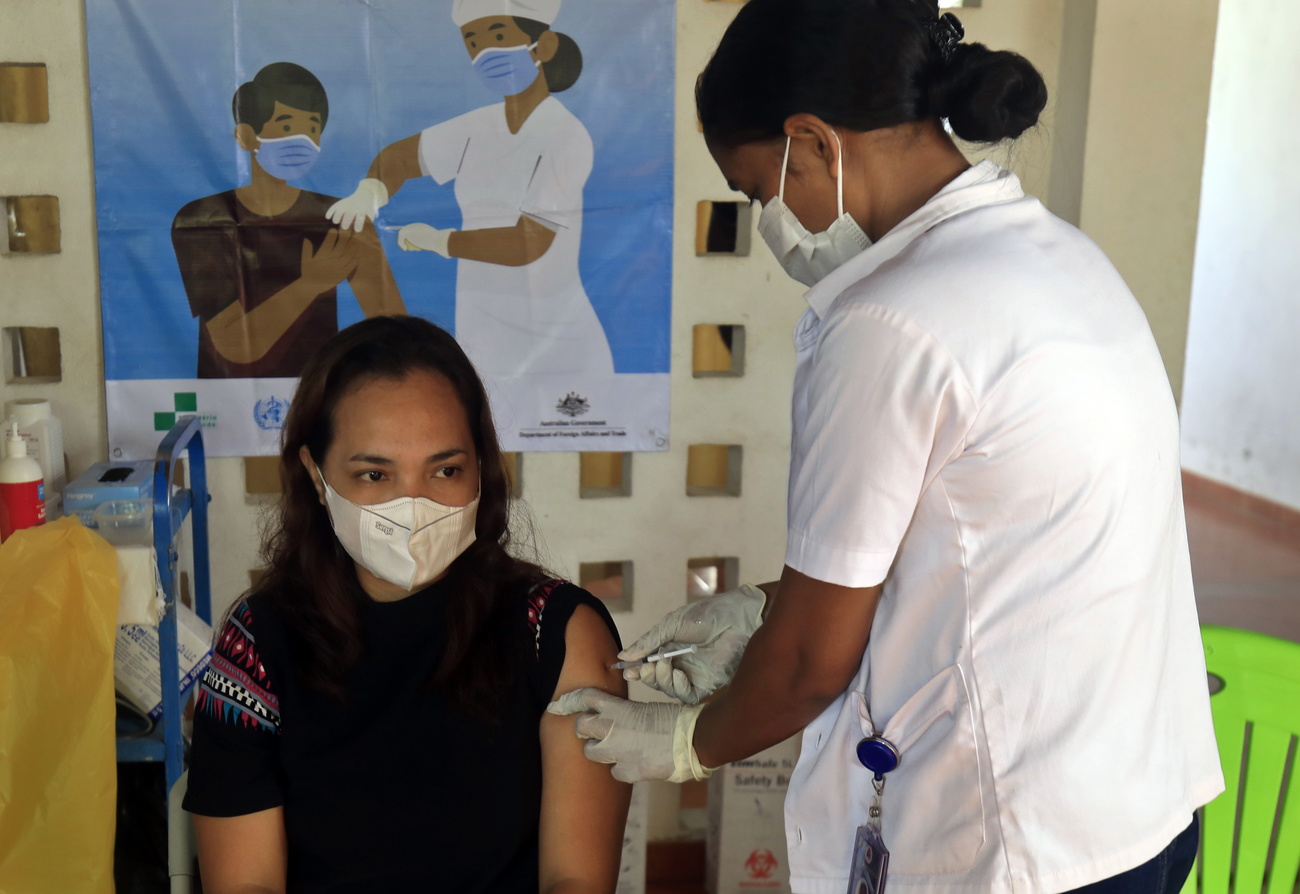
More
Swiss should intensify cooperation with Covax, say experts
These are so-called vector-based vaccine doses from AstraZeneca, which Switzerland contributes from its surplus supplies. These doses are not in demand in Switzerland because, with an effectiveness of just under 80%, they don’t offer the same protection as the mRNA-based products from Pfizer BioNTech or Moderna (both about 95%). To date, Switzerland has not even approved AstraZeneca’s vaccine.
But they have an advantage: they are much easier to transport and store. The AstraZenaca vaccine lasts up to six months in normal fridges, whereas the mRNA doses have to be stored at -70° Celsius. This debunks the “not logistically possible” argument used by the government from the beginning to explain why vaccination facilities could not be created in embassies and consulates for citizens abroad.
‘Not Switzerland’s responsibility’
Laurent Wehrli sits in the Swiss parliament as well as on the board of the Organisation of the Swiss Abroad (OSA). At the beginning of June he asked the government whether it was prepared “to provide vaccines to the Swiss Abroad who live in countries where the health situation remains worrying and where there is little or no vaccination schedule”.
No, the government replied. “The law states that the Swiss Abroad bear the risks arising from the fact that medical care is not guaranteed to the same extent everywhere in the world,” it said.
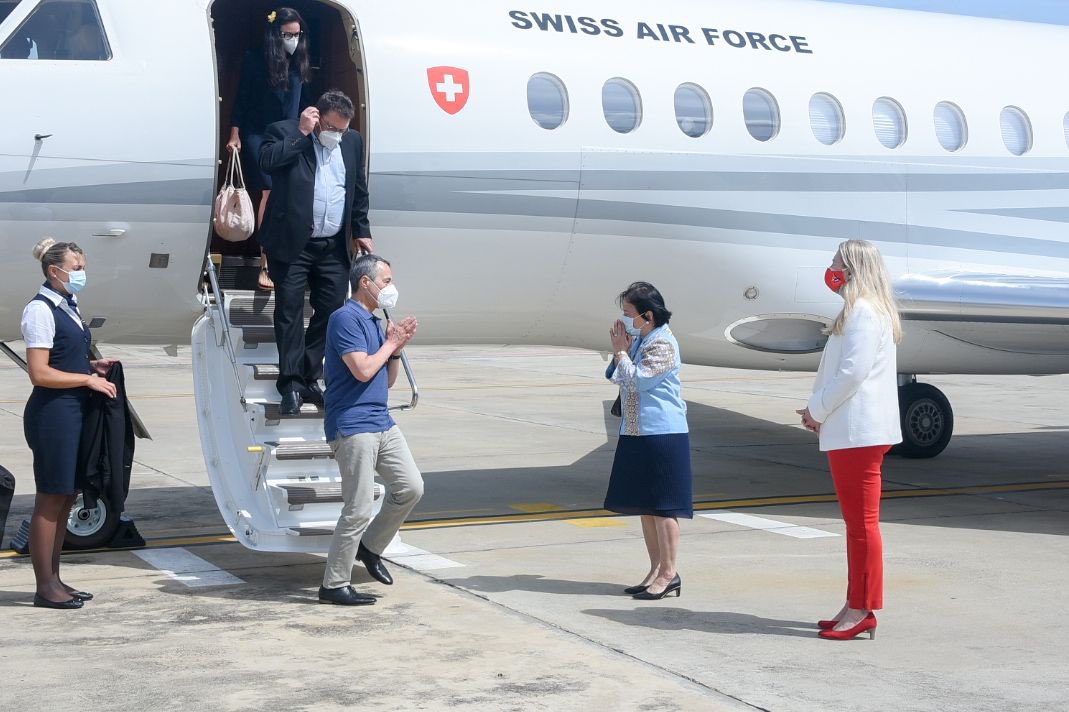
Wehrli returned to the issue a week later because, he said, the government’s response hadn’t gone down well with the Swiss Abroad. He asked the government whether a vaccination programme shouldn’t be set up in Swiss representations in countries behind schedule with their own vaccination campaign.
Again the answer was no. There were currently no plans to vaccinate abroad for the aforementioned reason, the government said. “A vaccination campaign abroad would hardly be feasible for logistical reasons,” it said.
‘Not contractually possible’
“The agreements with the manufacturers do not provide for the export of vaccine doses abroad,” the government wrote in its reply in mid-June.
Foreign Minister Ignazio Cassis took this line on Swiss National Day, August 1, in an address from the Swiss Embassy in Thailand to the Swiss in Southeast Asia. “Unfortunately we are currently not allowed to send vaccines from Switzerland to the Swiss community abroad,” Cassis said. “The contracts with the manufacturers allow use only within Switzerland.”
Wehrli, who travelled to Thailand with Cassis, doubts this is true. “The Swiss embassy is Swiss soil. That would be a legal interpretation,” he argued in newspaper Blick. If this is the problem, he says, it can be resolved.
‘Vaccination campaign is ongoing’
Helene Budliger Artieda, the Swiss ambassador to Thailand, asked Cassis after his August 1 address to comment on vaccinations, “the number one issue here in Thailand”.
Cassis pointed out that, first of all, the Swiss vaccines from the Covax Initiative were also available to the Swiss Abroad. Second, he said, he was going to meet the Thai health minister the following day. “I will plead that Swiss citizens in Thailand can be vaccinated with AstraZeneca as soon as possible,” he promised. “Third, the issue is of course still topical for the government.”
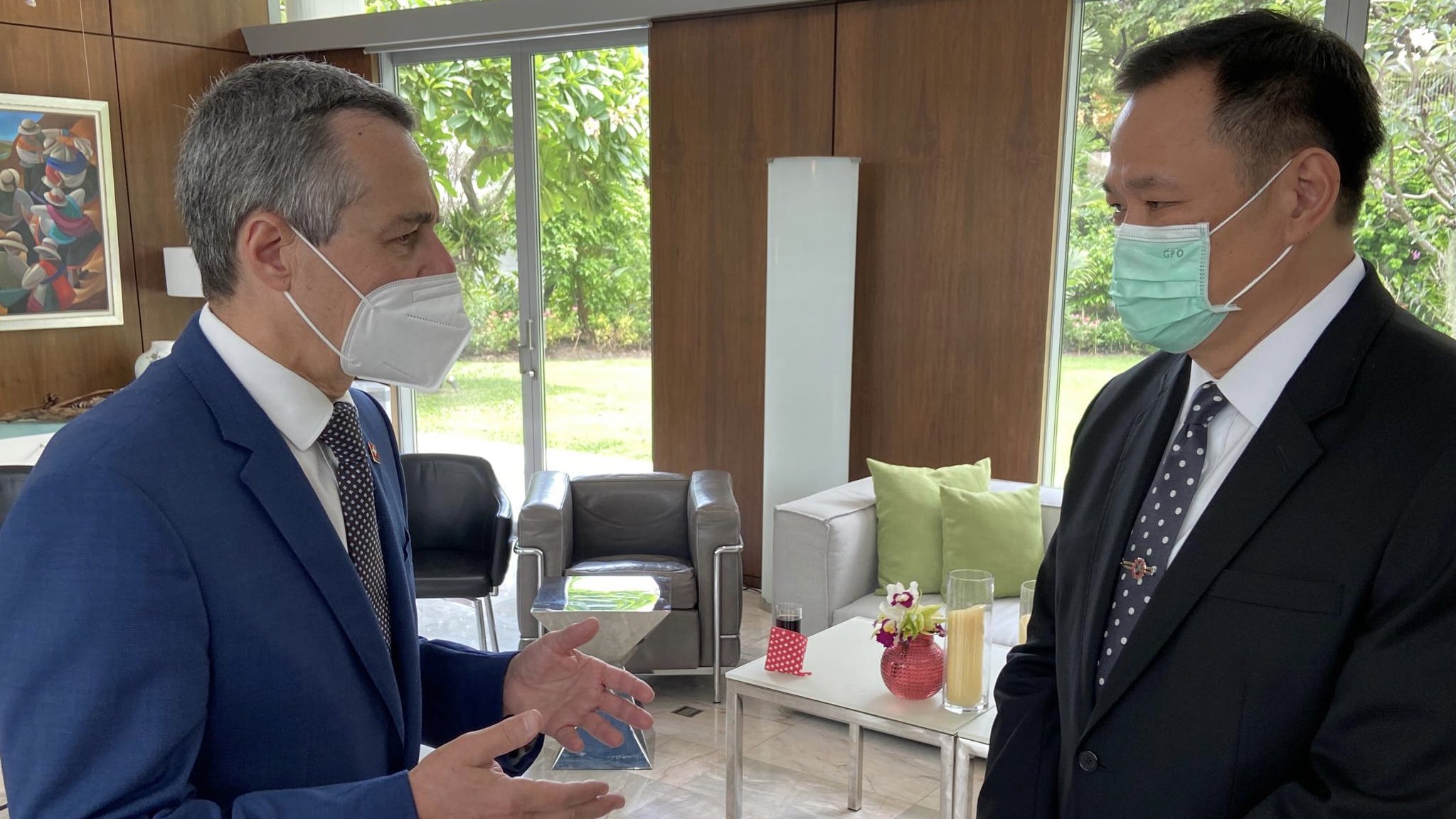
The problem, Cassis explained, is not that Switzerland has too many vaccine doses – it’s that too few people are willing to use them. “More people need to get vaccinated, and we’re still not sure what the best way is to make that happen,” he said.
When it comes to receiving help from the homeland, the Swiss Abroad aren’t holding their breath.
(Adapted from German by Thomas Stephens)
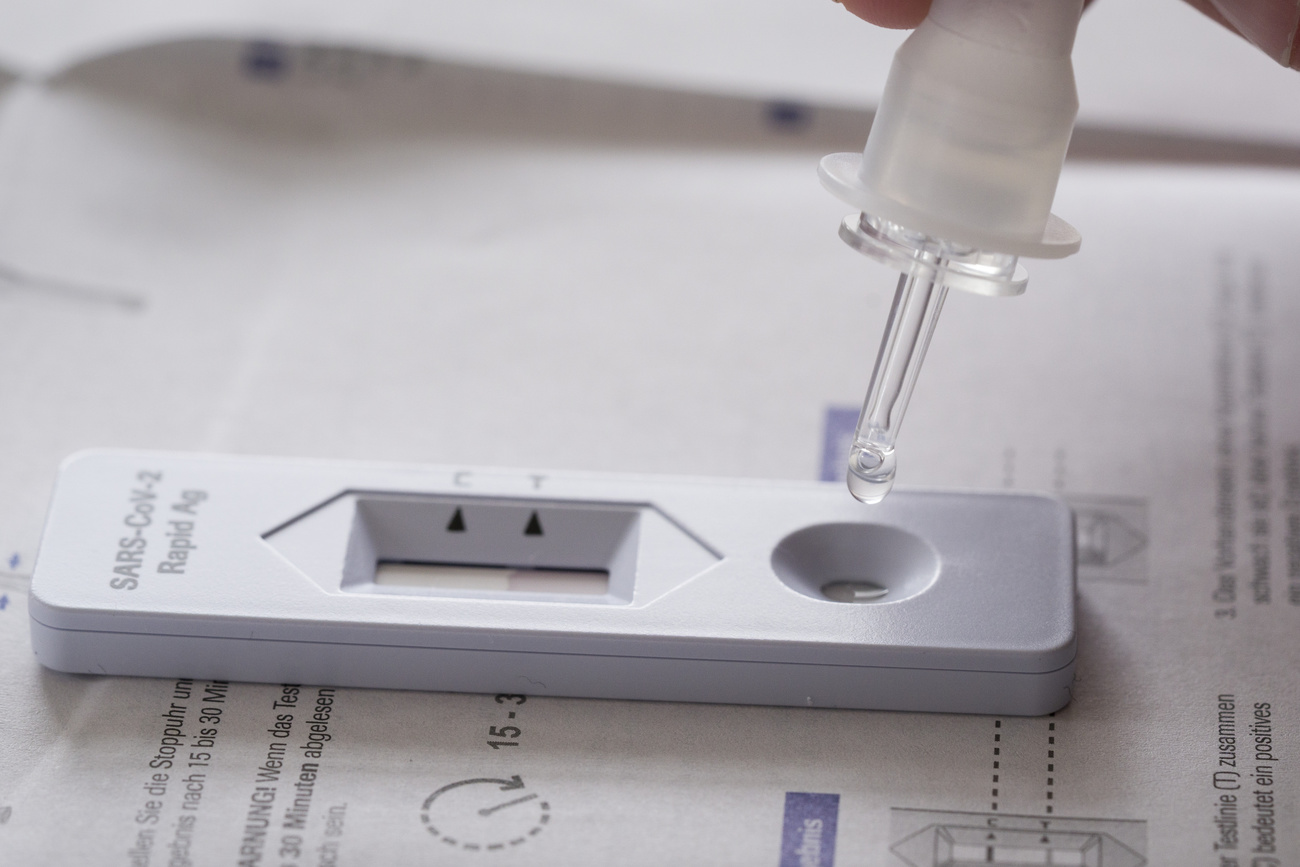
More
Coronavirus: the situation in Switzerland

In compliance with the JTI standards
More: SWI swissinfo.ch certified by the Journalism Trust Initiative
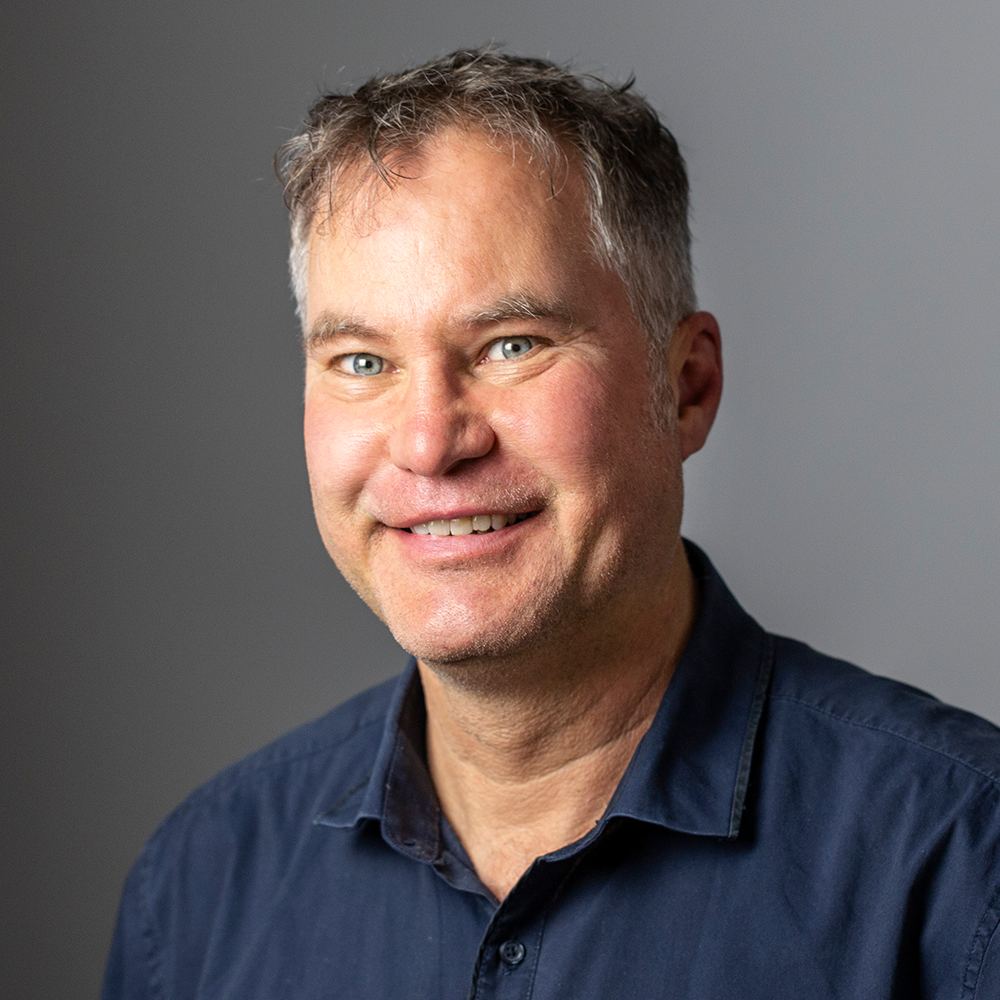
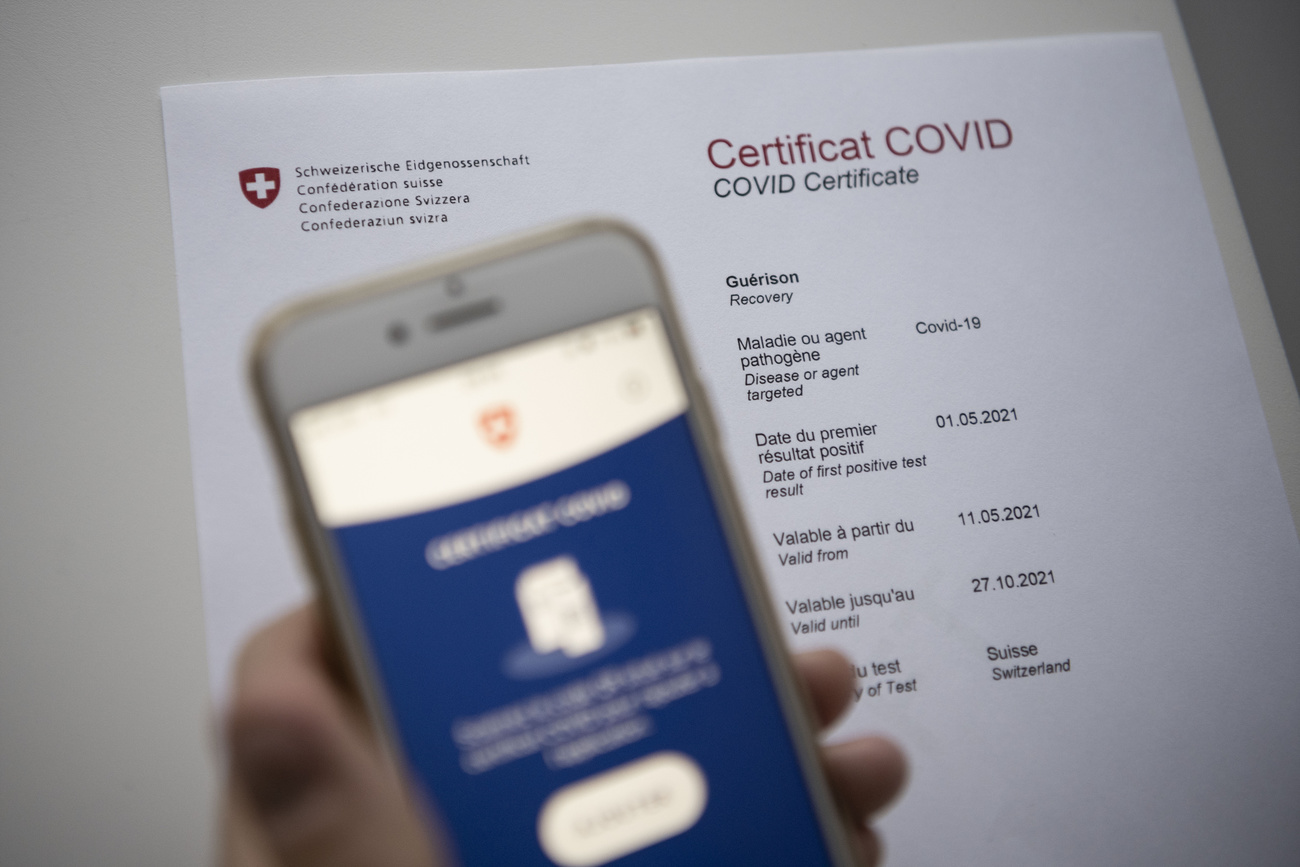
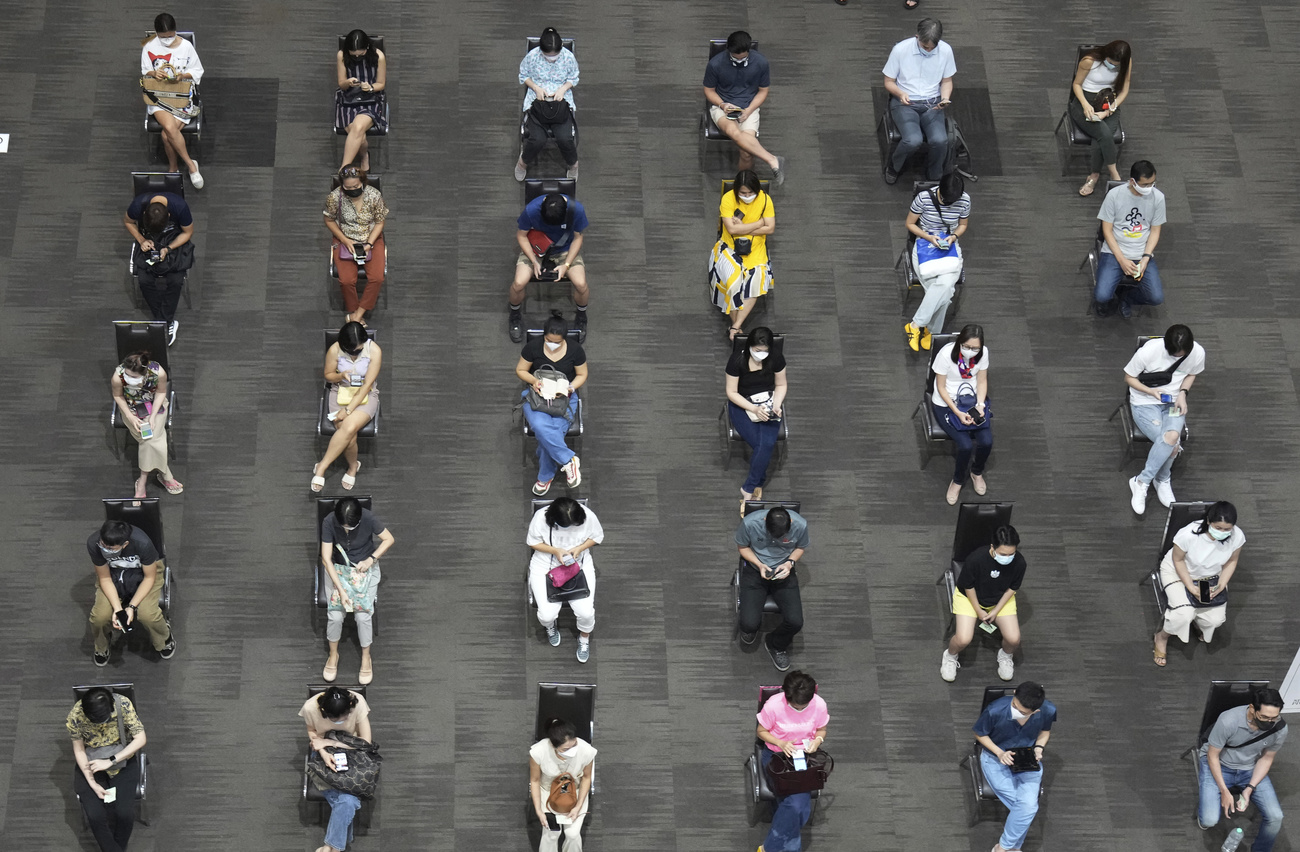
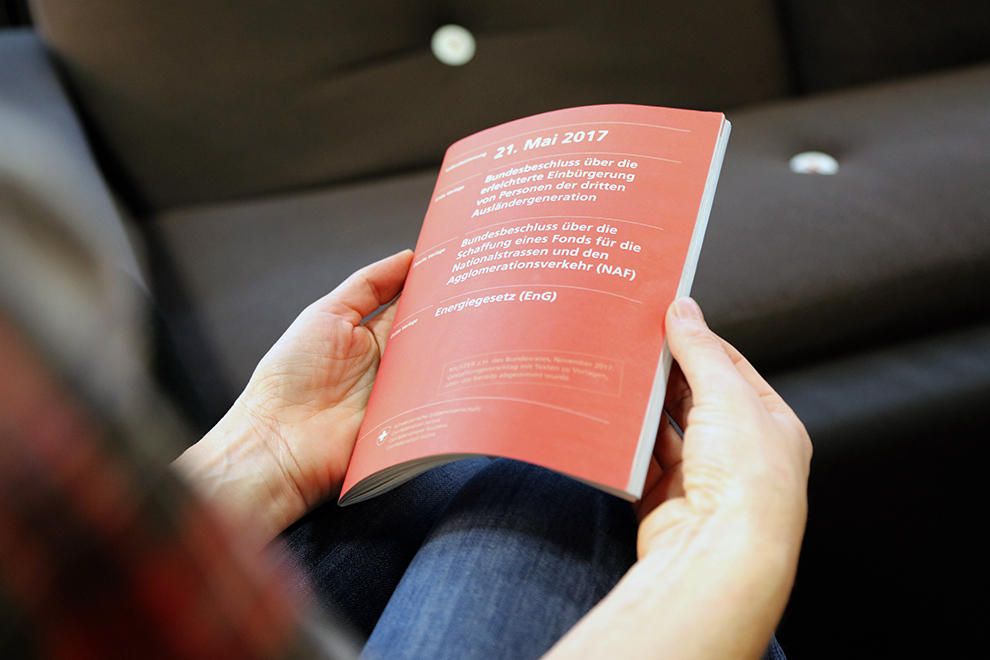
Join the conversation!